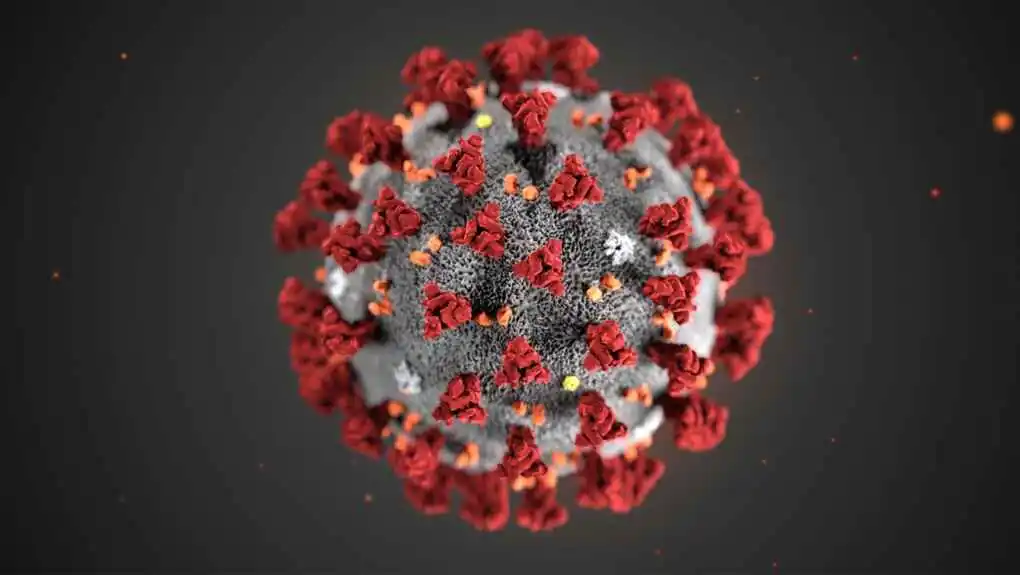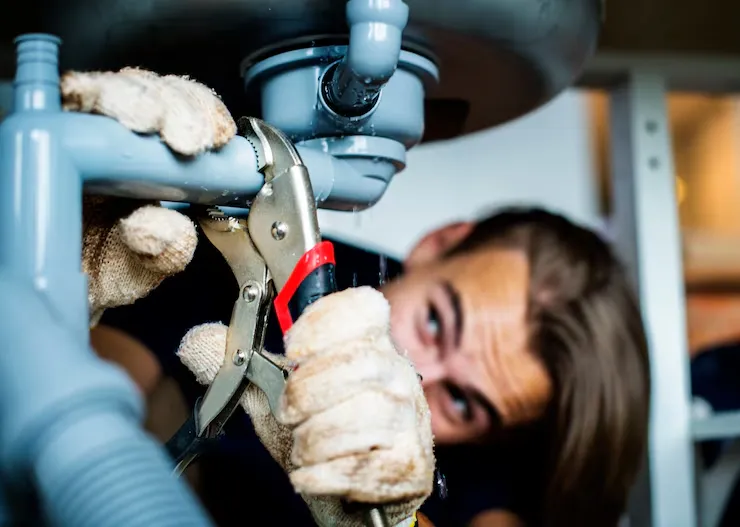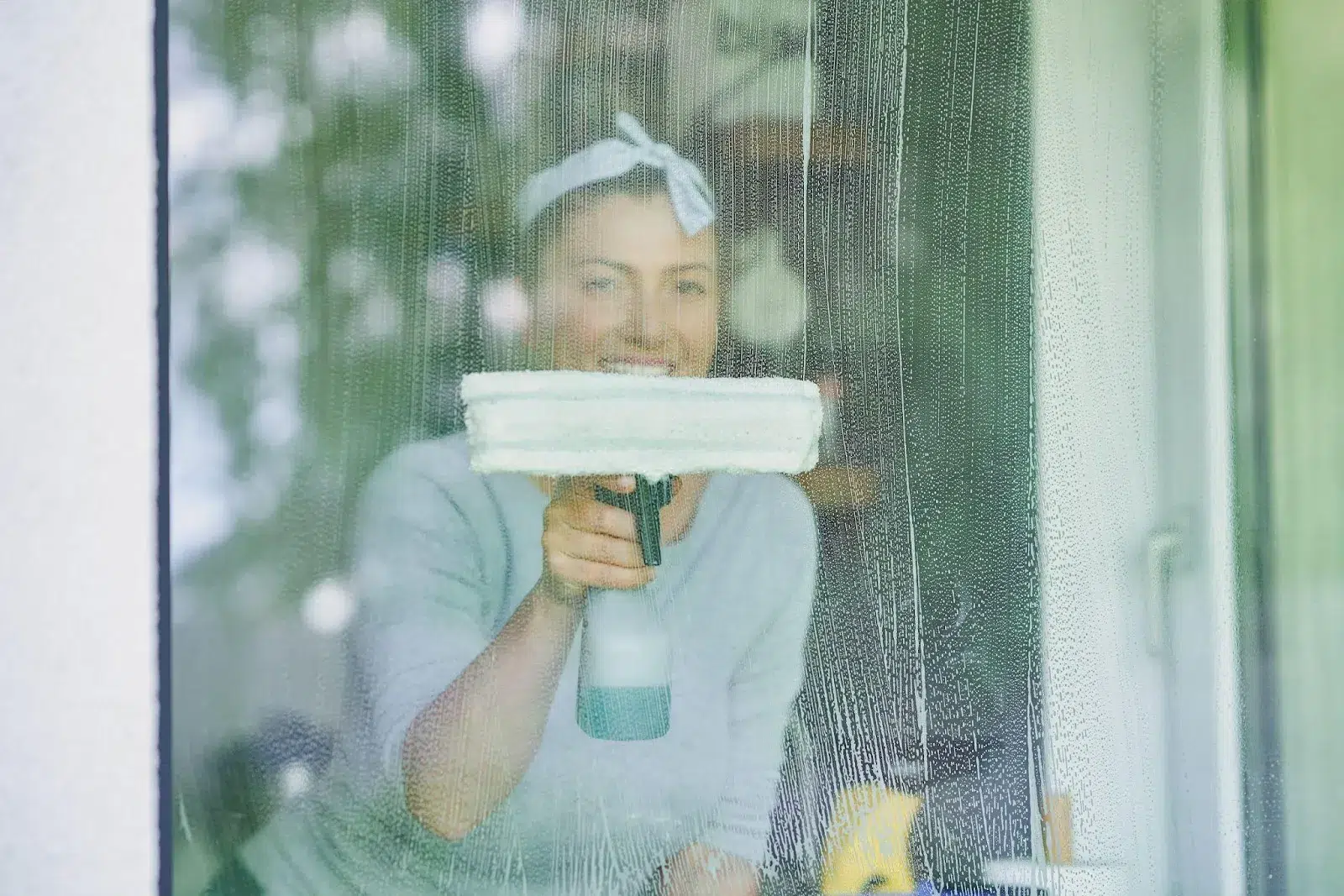At the time of writing this article, there have been approx. 115,000 novel coronavirus cases worldwide, resulting in 4,000 deaths. Canada sits low on the list of infected countries, with 77 confirmed cases – one resulting in death. Of those 4,000 worldwide deaths, almost every victim was in the 60-80+ age range.
Early data has shown that older people are twice as likely to develop serious illness from COVID-19. This happens because as people age, their immune systems change, and it is harder for their body to fight off illness or infection – and if there are underlying health concerns, their bodies are already working much harder to cope. Therefore, seniors have been categorized as the most vulnerable class in this pandemic. Seniors and those caring for them must do everything they can to prevent exposure.
The information about COVID-19 protection is frightening, especially if you or anyone you love falls within this vulnerable age range. But it is important to be familiar with the facts in order to differentiate from the rumours.
COVID-19 originated in Wuhan, China at the beginning of 2020. The first death occurred on January 11th. The virus is a flu-like respiratory illness which spreads through droplets of saliva that are carried in the air up to 6 feet away after an infected person coughs or sneezes. These droplets can then be breathed in, land on surfaces, or be transferred through shaking hands or sharing drinks. There is no vaccine, because this particular strain of coronavirus has never been seen before. Infection can be avoided by following certain steps, similar to those used in avoiding the flu.
Read also, 5 Ways Seniors Can Cope With Uncertainty During COVID-19
In late February, it was determined by the Journal of the American Medical Association that adults in the 30-79 age range resulted for 87% of the world’s cases of COVID-19. This is staggering. A study out of China showed that the average age for a COVID-19 patient who developed fluid in the lungs as a result of their illness was 61. In early January, it had already been reported that in China the average age of patients who died from the virus was 75 years old. In seniors with underlying lung conditions, the mortality rate for COVID-19 is 15%.
For the older population, infection is a serious concern. A nursing home in Seattle became the epicentre for coronavirus in the United States after 10 deaths occurred there. On March 7th, B.C. declared an outbreak of 3 cases in a Vancouver nursing home, where two cases among residents and one among a worker were confirmed. People are being encouraged to refrain from visiting nursing homes, and if they must there is a large emphasis on following proper procedures.
Experts have stated that the coronavirus pandemic is not going to fizzle out anytime soon. There are more and more cases confirmed every day. Some doctors have said that they do not believe the virus is containable; the best way to protect vulnerable populations would be a vaccine that doesn’t exist yet.
4 Ways to Protect Yourself and Others – COVID-19 Protection
This is all very scary. Luckily, though the virus may not be containable, there are many steps people can take to be proactive against it.
Wash Your Hands Often and Avoid Touching Your Face
The first and most important step is being diligent about washing your hands and touching your face, especially your eyes, nose, and mouth. This applies to all age groups. All across America and Canada, hand sanitizers and disinfecting products are on backorder. These products are very important for use in public spaces, but many people are becoming hysterical over the shortage. But these products are not absolutely necessary for use in the home. In reality, as long as no one in your house is sick, all you need while you are at home is soap and water.
While out of the house, it is very important to not touch your face, your phone, or eat anything until you have washed or sanitized your hands with at least 60% alcohol hand sanitizer. Avoid “high-touch” surfaces like elevator buttons, bus poles, handrails, etc. wherever possible. If you used your phone while out of the home before washing your hands, you should clean it off with a disinfecting wipe before continuing use at home.
Immediately when you arrive home, wash your hands. The proper way to wash your hands is to first wet your hands with clean water. Then lather them with soap on the front, back, between your fingers, and under your nails. Scrub your hands for at least 20 seconds – you can hum “Happy Birthday” from start to finish twice as a timer. Rinse your hands thoroughly and then dry with a paper towel or clean towel.
Stay Home If You Feel Unwell
In terms of the community, it is important that those who do not feel well stay home. If you develop flu-like symptoms, you must seek medical attention to be tested for the novel coronavirus. There are currently no at-home test kits.
If you have recently travelled, it is important to limit physical contact with others for an incubation period of 2-14 days, even if you are feeling fine. It is possible to be an asymptomatic carrier, meaning that you show no symptoms of illness but can still pass on the virus.
Begin Preparations Incase of an Outbreak in Your Community
Seniors and people with severe chronic medical conditions are in the high-risk group for contracting COVID-19. Therefore, it is incredibly important that these groups are diligent about preparing for the risk. For high-risk individuals in Canada, preparations should begin now. Though it may seem unnecessary because Canada is still safe, this virus is unpredictable, and it is much better to be over-prepared than underprepared.
As a precaution, those in the high-risk group should begin stocking up on everyday supplies like medications and food in case of an outbreak where they would have to remain in the home. They should clean their hands often, avoid close contact with strangers or any sick people, avoid crowds, and stay home whenever possible. Regular doctor appointments should be postponed, and visits to long-term care facilities should be cancelled. If a vulnerable individual is living in a long-term care home and someone in the facility becomes sick, common areas should be avoided and meals should be taken in their rooms.
It is important to note that the virus can show itself differently in older adults than young adults. In seniors, COVID-19 may present itself as falls or forgetfulness, or just any irregular feeling. Nothing should be ignored.
Check also, Social isolation and loneliness during the COVID-19
Keep Up to Date with Accurate Information
Ontario’s Ministry of Health provides up-to-date information on their website along with guidelines for protection and preparation. The numbers presented here are quite reassuring – out of 2347 cases tested, only 30 in Ontario have been confirmed positive.
The CDC offers a very comprehensive guide, though it is important to remember that the information is American.
The World Health Organization offers global information, very helpful for those who plan on travelling or just want to stay on top of things.
Fact vs Fiction
When it comes pandemics, misinformation can be extremely dangerous. It is paramount to be able to discern the facts from the fiction. There has been an explosion of information regarding the novel coronavirus online, so much so that the the World Health Organization is calling it an “infodemic.” There are various rumours floating around, and though many of them seem to make sense at first glance, they are simply not true.
Some people believe that products shipped from China are all contaminated – this is not true. Though COVID-19 did originate in China, and China has seen the highest infection rate, viruses like this cannot live on surfaces for the amount of time it takes for a product to end up on our shelves.
Many have speculated that using natural remedies like saltwater, essential oils, and garlic will protect you from the virus. Though these methods are helpful to maintain overall health, there is no science backing this in relation to COVID-19. At this time, there is no supplement or natural remedy to fight the virus. In relation to this topic, homemade hand sanitizer is not proven effective either and can harm the skin.
People everywhere are buying face masks and wearing them every time they go out, but a healthy person wearing a face mask is not an effective way of protecting against the virus. Healthcare officials wear a different type of mask to protect themselves when treating patients than those that are readily available to the public. It is important, however, that sick individuals wear masks in order to prevent the spread of germs.
Young People’s Role
Preventing an outbreak in Canada falls into the hands of each individual community, but particularly into the hands of the younger and healthier individuals who are the most active outside their homes. Though statistics show that COVID-19 poses the least amount of threat to individuals under 40 (0.2% death rate) it is still necessary that these individuals practice all the steps to prevent the spread of infection to vulnerable populations. It is fully possible for a young person to carry the virus and present very mild, or even no symptoms. It’s when these people carry on with their daily lives as if nothing’s wrong that the danger becomes a reality.
In London, ON., a Western University student was infected with COVID-19 after returning from Wuhan, China. She followed all precautions to ensure safety of others. She was self-quarantined in her home and continued to remain in isolation after recovering until doctors confirmed she was no longer contagious. Thanks to her responsibility, there have been no other cases in London. If everyone continues to be this diligent and responsible, we will be able to slow the spread of COVID-19.
Next Steps
The world is a scary place right now, but some of the facts are not as terrifying as the media makes them seem. Out of the approx. 115,000 cases, 62,000 patients have recovered. 45,000 cases are still active, but 86% of those cases are in mild condition. There is work being done everywhere to prevent the spread of COVID-19 and keep everyone safe.
Seniors are the most vulnerable sector of the world’s population when it comes to contracting a serious or deadly case of coronavirus. We must do everything we can to protect them, and they must do everything they can to protect themselves.
The easiest and most effective ways to protect everyone going forward is by washing your hands thoroughly with soap and water for 20 seconds, keeping your hands away from your face, and staying home if you are unwell. It all seems too simple to be true, but it isn’t. The novel coronavirus is a frightening reality, but we are all able to help ourselves and those around us as long as we stay diligent.
Be sure to keep up to date with current information provided by the Ontario Ministry of Health or the World Health Organization in order to make the most informed decisions possible.




